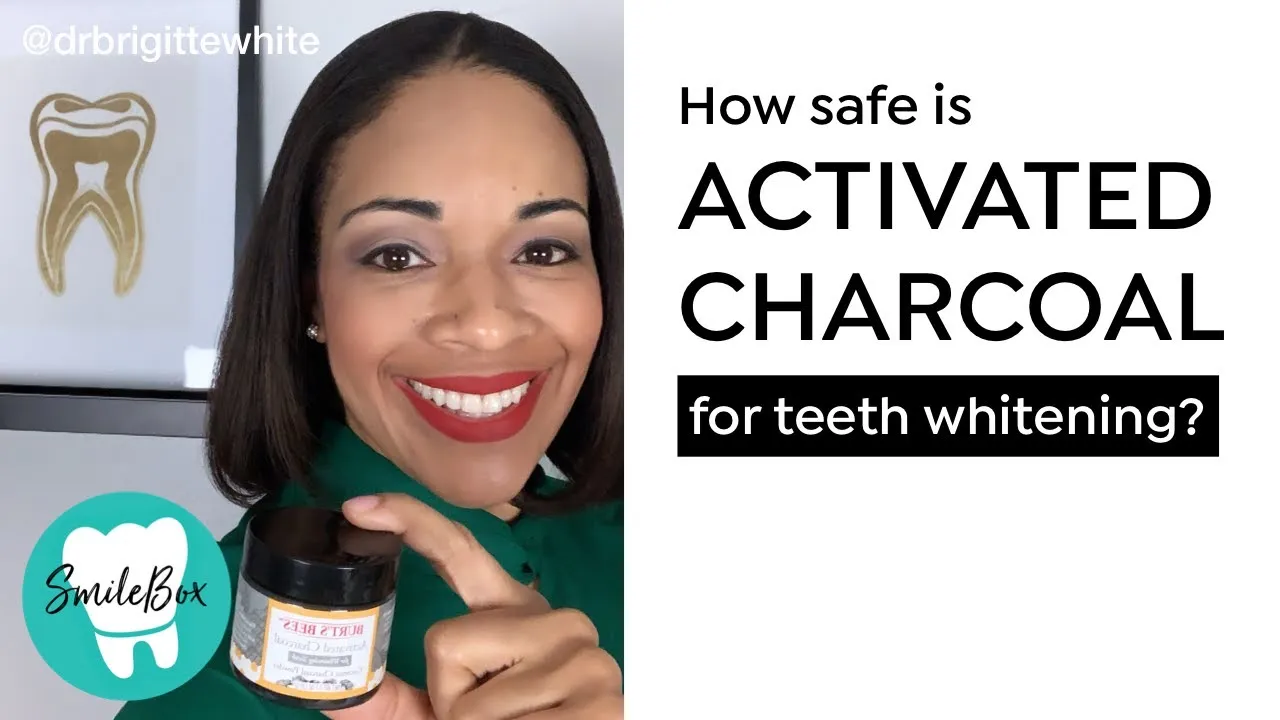What is Charcoal Teeth Whitening
Charcoal teeth whitening has become a popular trend in recent years, promising a brighter smile through the use of activated charcoal. This method typically involves brushing your teeth with a charcoal-based powder or paste. Activated charcoal, a fine black powder made from various sources like coconut shells or wood, is marketed for its ability to absorb toxins and impurities. Proponents claim it can remove stains and whiten teeth. However, it is crucial to evaluate whether this trend aligns with dental health and safety guidelines before incorporating it into your oral hygiene routine. Understanding the product components and how they function on the teeth’s surface will help you determine the best course of action and avoid potential dangers. The main goal is to brighten the appearance of your teeth while maintaining proper health.
How Does Charcoal Teeth Whitening Work
The mechanism behind charcoal teeth whitening centers on the abrasive nature of activated charcoal. The idea is that the charcoal particles will bind to stains on the surface of the teeth and then be removed during brushing. However, this method doesn’t actually change the intrinsic color of the teeth. The charcoal may help remove surface stains caused by coffee, tea, or tobacco, making the teeth appear lighter. The effectiveness depends on the type of stains and the frequency of use. It is not a substitute for professional dental cleaning or treatment. Moreover, while activated charcoal may have absorbent qualities, there is limited scientific evidence to support its effectiveness in teeth whitening. Always consult with your dentist before starting any teeth whitening method.
Charcoal Teeth Whitening Risks
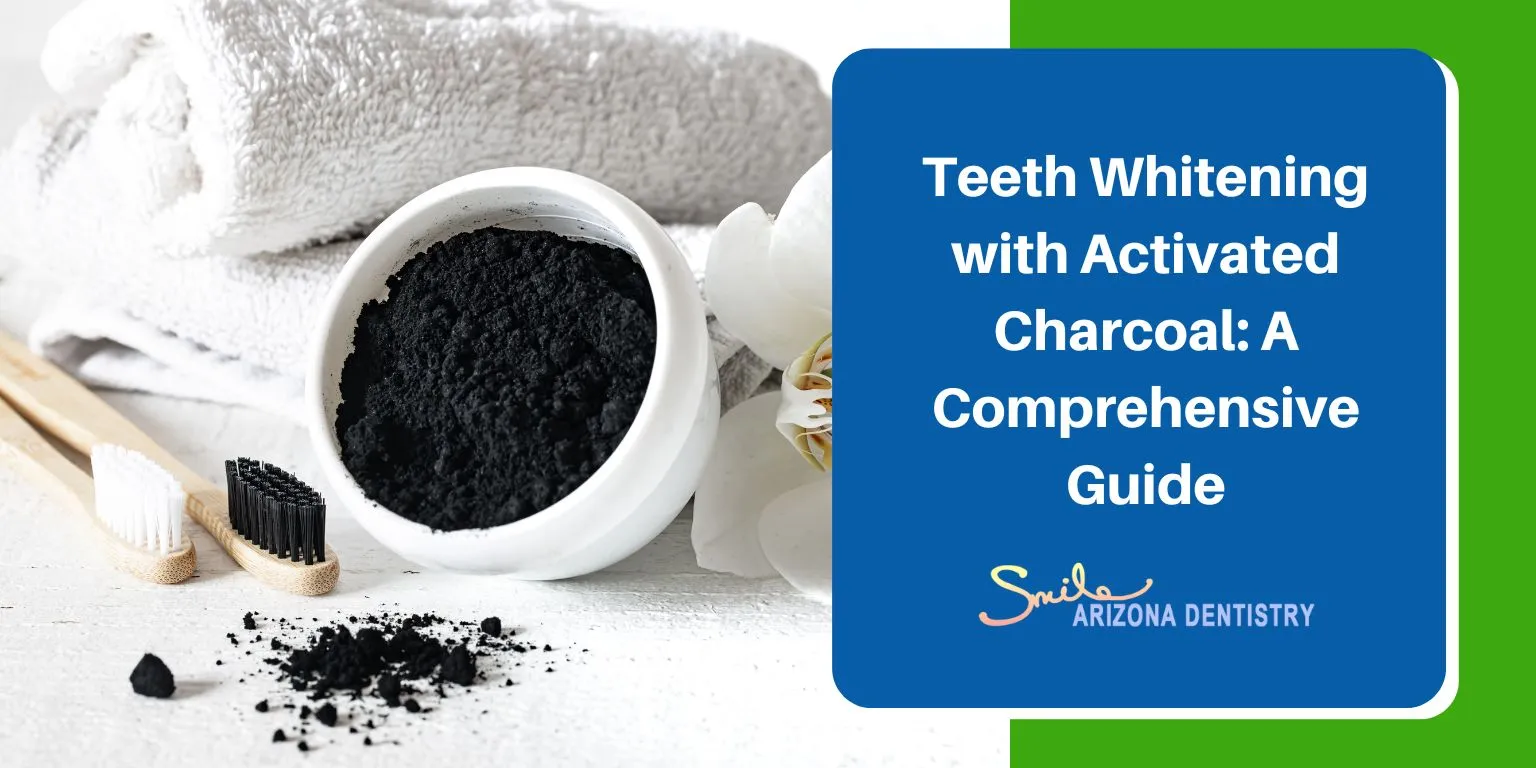
While charcoal teeth whitening is promoted as a natural and safe alternative, several potential risks are associated with its use. Understanding these risks is crucial for making informed decisions about your dental care. The abrasive nature of charcoal can lead to several dental issues if not used carefully. These factors should be thoroughly considered to ensure the method’s safe and effective use. Always prioritize your dental health and consult your dentist before trying new treatments to avoid any unintended consequences.
Tooth Enamel Erosion
The abrasive nature of charcoal can erode tooth enamel over time. Enamel is the hard, protective outer layer of the tooth that shields the sensitive dentin underneath. Once enamel is damaged, it cannot be replaced. Erosion can lead to increased tooth sensitivity, cavities, and a change in the appearance of the teeth. This makes teeth more vulnerable to damage from acidic foods and drinks, and even everyday brushing can become painful. Continuous abrasion also makes teeth appear more yellow, because the underlying dentin becomes more visible. To prevent erosion, avoid using charcoal products excessively, and always use a soft-bristled toothbrush, as well as proper techniques. Regular dental check-ups can identify early signs of erosion.
Gum Irritation
Charcoal teeth whitening can also lead to gum irritation and inflammation. The abrasive particles in charcoal can be harsh on the delicate gum tissue, causing it to become inflamed, red, and tender. This can lead to discomfort and, in severe cases, contribute to gum disease. If you experience any gum irritation while using charcoal products, discontinue use immediately and consult a dentist. Maintaining healthy gums is essential for overall oral health, as they support the teeth and protect against infection. Proper brushing techniques, using a soft-bristled toothbrush, and flossing regularly can help to prevent gum irritation. Regular dental cleanings also help remove plaque and tartar, which can contribute to gum inflammation.
Lack of Scientific Evidence
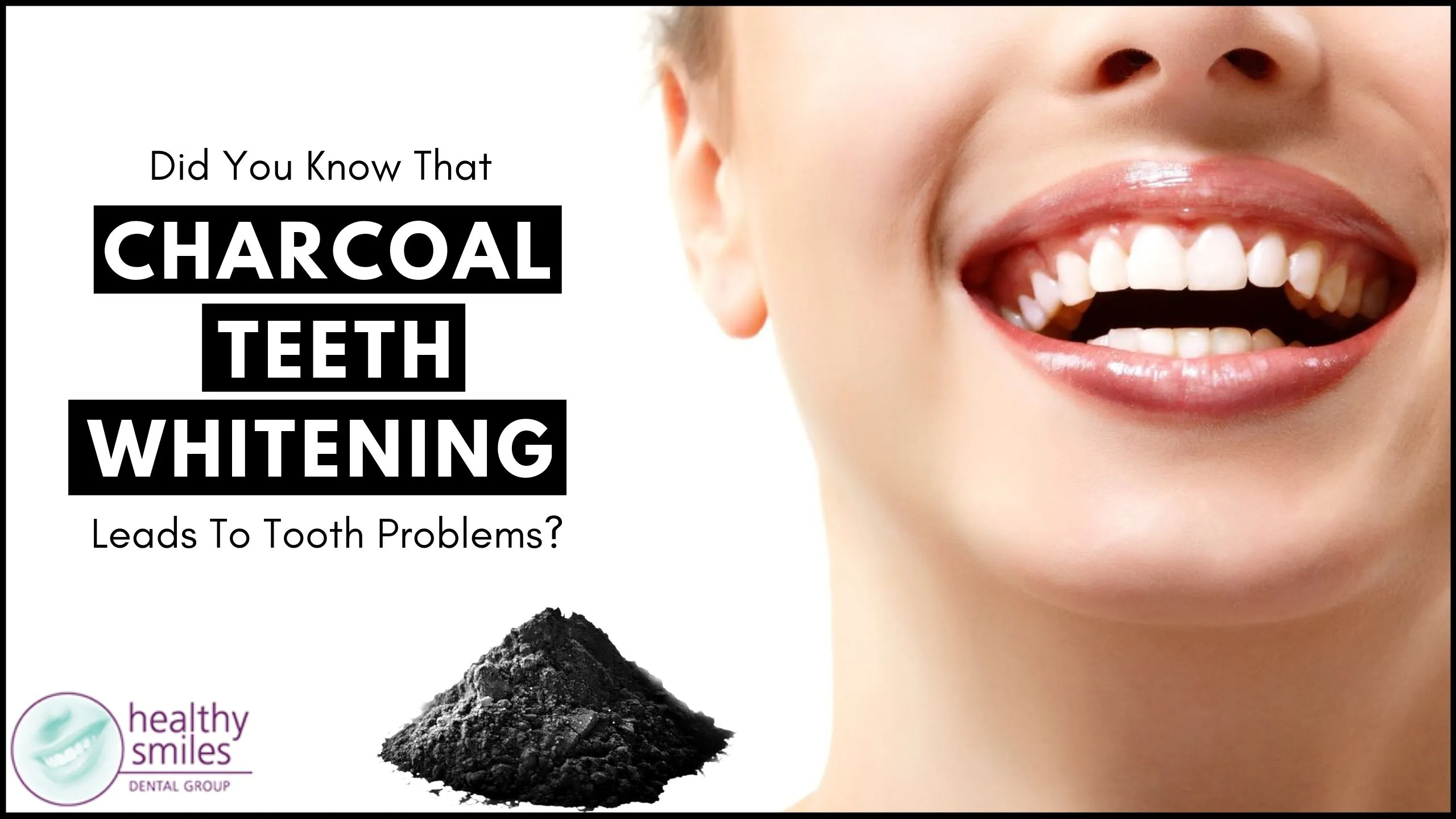
One of the primary concerns surrounding charcoal teeth whitening is the lack of robust scientific evidence supporting its effectiveness and safety. Many of the claims made about its whitening abilities are based on anecdotal evidence rather than clinical studies. Without sufficient research, it is difficult to assess the long-term effects of using charcoal on teeth and gums. Dentists often advise against using charcoal products until more comprehensive studies confirm their safety and efficacy. Relying on scientifically-backed methods and consulting with a dental professional is always a safer approach. This approach helps ensure that your teeth whitening efforts do not compromise your long-term dental health.
Charcoal Teeth Whitening Benefits
While charcoal teeth whitening has its downsides, some potential benefits are often highlighted by its proponents. These benefits should be considered alongside the potential risks to make informed decisions about its use. Understanding both sides of the equation is essential for a balanced perspective on this teeth whitening method.
Potential Stain Removal
Charcoal may help to remove surface stains caused by things like coffee, tea, and tobacco. This can lead to a temporary brightening effect. However, this doesn’t mean it whitens the teeth in the same way as professional treatments. The effect is largely superficial and doesn’t change the natural color of the teeth. Maintaining good oral hygiene, including regular brushing and flossing, can help remove surface stains. If you are looking for more significant whitening results, professional treatments may be more effective.
Affordability
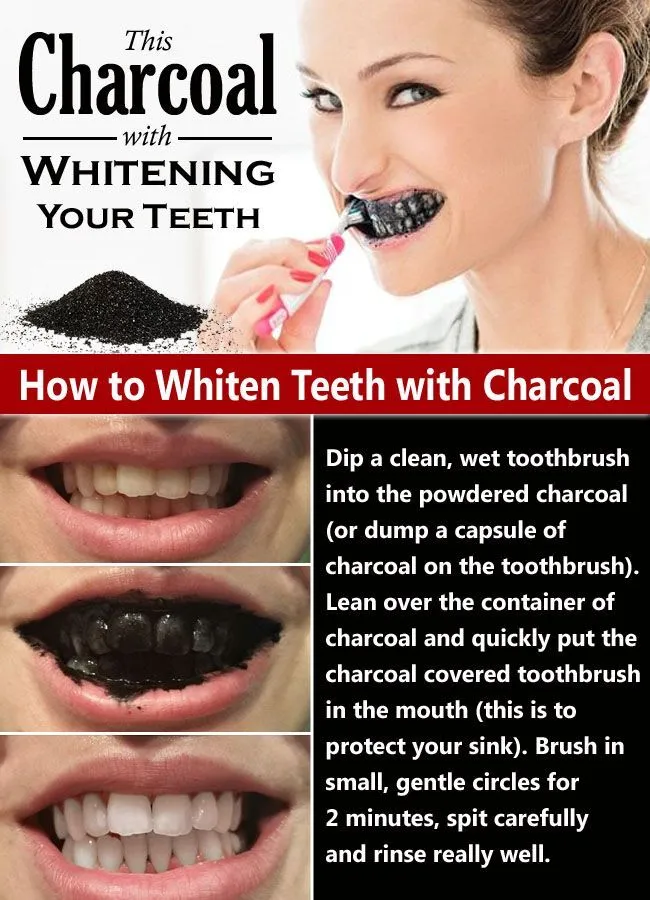
Charcoal teeth whitening products are often more affordable than professional teeth whitening treatments. This can be a factor for those seeking a cost-effective way to improve the appearance of their teeth. However, the lower cost should be weighed against the potential risks. If you’re on a budget, consider other effective and safe alternatives such as over-the-counter whitening products or improving your oral hygiene. Prioritizing safety and long-term dental health should guide your choice.
Drawbacks of Charcoal Teeth Whitening
Despite its popularity, charcoal teeth whitening comes with several significant drawbacks. These issues often outweigh any perceived benefits. Always consider the following points to help ensure safe and effective teeth whitening.
Inconsistent Results
The effectiveness of charcoal teeth whitening can vary widely. Results are often inconsistent, with some users seeing minimal improvement and others experiencing noticeable whitening. This inconsistency is due to several factors, including the type of stains, the frequency of use, and the individual’s oral health. It’s important to be realistic about the potential results and to manage your expectations. If you’re not satisfied with the results, other teeth whitening methods may be a better option.
Messy Application
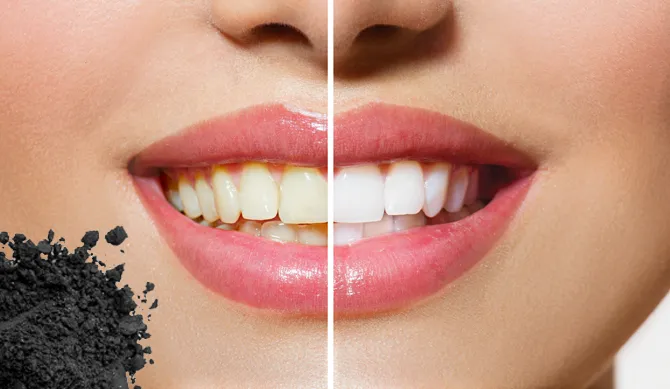
Charcoal teeth whitening can be messy. The charcoal powder or paste can easily stain sinks, clothing, and other surfaces. This can make the process inconvenient and potentially messy, especially for those with busy schedules. Always be careful during application, and take steps to protect your surroundings from stains. Keep a designated area for brushing and clean up any spills immediately to avoid discoloration. Consider alternative whitening methods if the messiness of charcoal is a deterrent.
Taste and Texture
Many people find the taste and texture of charcoal teeth whitening products unpleasant. The gritty texture and the lack of a pleasant flavor can make brushing with charcoal an unpleasant experience. This can discourage consistent use, which is necessary for any potential whitening effect. If you find the taste and texture bothersome, you might be less likely to use the product regularly. There are several other teeth whitening options available, and you might find one with a more agreeable taste and texture more suited to your needs.
Safer Alternatives to Charcoal Teeth Whitening
There are safer and more effective alternatives to charcoal teeth whitening. These methods are often backed by scientific evidence and are recommended by dental professionals. Consider the following alternatives to achieve a brighter, healthier smile.
Professional Teeth Whitening
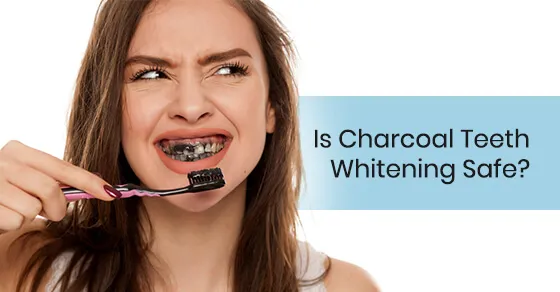
Professional teeth whitening performed by a dentist is one of the safest and most effective options. Dentists use stronger whitening agents than those available over the counter, and they can monitor your teeth and gums during the process. Professional treatments provide more predictable and dramatic results. During the treatment, your dentist will protect your gums and apply the whitening agent to your teeth, minimizing the risk of sensitivity and other side effects. Consulting a dentist before you whiten your teeth is highly recommended. Regular check-ups can prevent more serious oral health issues.
Over the Counter Whitening Products
Over-the-counter whitening products, such as whitening strips and toothpastes, are generally safe when used as directed. These products contain lower concentrations of whitening agents than professional treatments, so the results may be less dramatic. When using over-the-counter products, follow the instructions carefully and be mindful of any sensitivity or irritation. If you experience any side effects, stop using the product and consult your dentist. Always discuss using these products with your dentist to ensure they are a good fit for your individual needs.
Proper Oral Hygiene
Maintaining excellent oral hygiene is essential for a healthy and bright smile. Brush your teeth twice a day for two minutes each time, and floss daily to remove plaque and bacteria. Using fluoride toothpaste helps strengthen enamel and prevent cavities. Regular dental check-ups and cleanings are also critical for maintaining good oral health. A good oral hygiene routine can help to prevent stains and keep your teeth looking their best. Consider it as the most natural way to maintain your teeth.
Conclusion Charcoal Teeth Whitening
While charcoal teeth whitening is a popular trend, it’s essential to approach it with caution. The potential risks, such as enamel erosion and gum irritation, outweigh the potential benefits. There is a lack of scientific evidence to support its effectiveness and safety. Safer and more effective alternatives, such as professional teeth whitening, over-the-counter products, and proper oral hygiene, are readily available. Consulting with a dentist is recommended before starting any teeth whitening regimen to ensure the best outcome for your oral health. Prioritize evidence-based methods and professional guidance to achieve a healthy and radiant smile.
